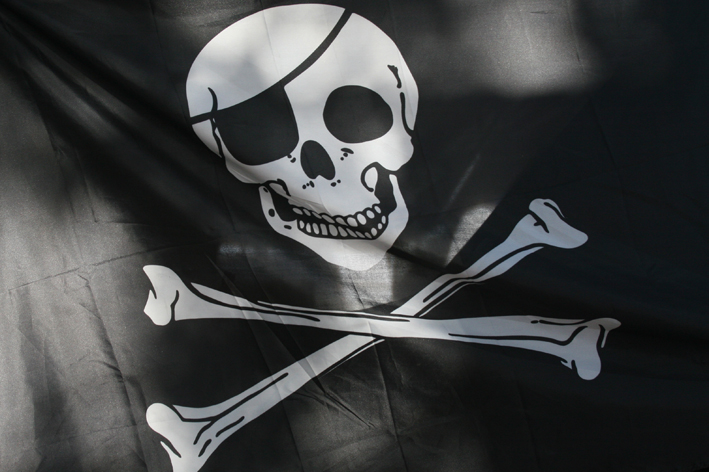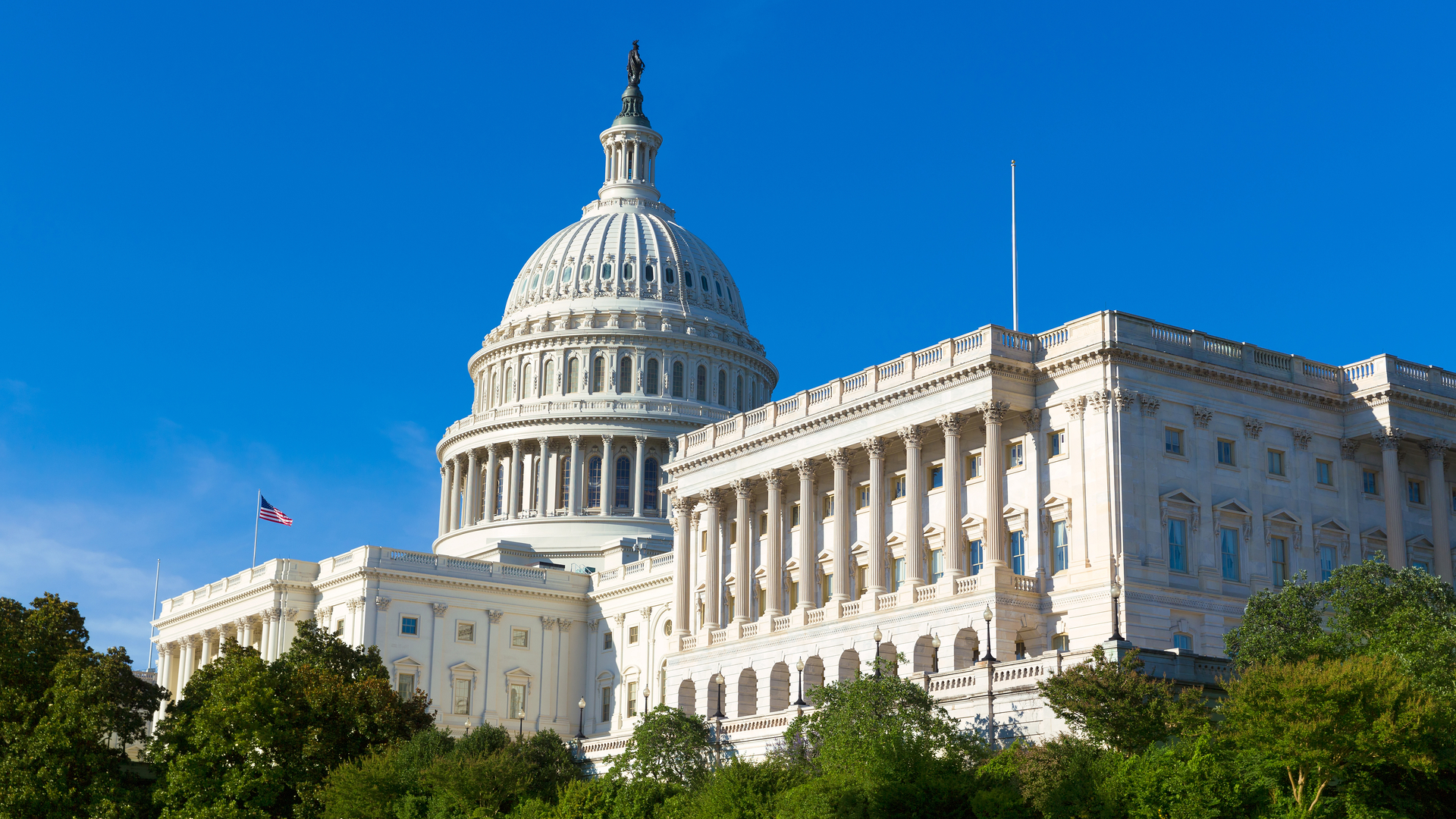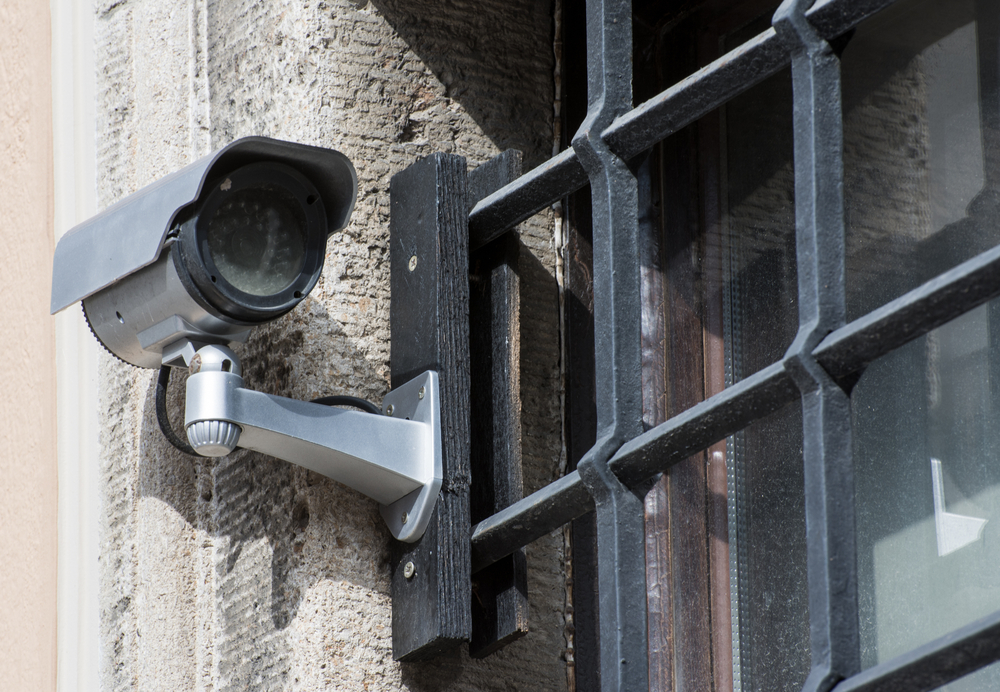Mandelson meeting sparks file sharing debate
Did a meeting between business secretary Peter Mandelson and a top record company executive spark an anti-piracy push?


ANALYSIS: The debate over digital piracy and file sharing is heating up.
Last week, the Pirate Party officially registered in the UK and over the weekend, stories broke that high-level politician Peter Mandelson met with a famous recording industry executive and is now eyeing tougher new laws.
According to reports in national newspapers this morning, after meeting with David Geffen earlier this month, business secretary Mandelson is looking for ISPs to cut off file sharers' internet access. Mandelson's spokespeople have reportedly said the Corfu meeting had nothing to do with file sharing.
But it's not the only punishment filesharers could face. Existing proposals in the Digital Britain plan have called for a 50,000 fine for those illegally sharing music, movies and software online in the hopes of cutting digital piracy by 70 per cent.
None of it has passed through parliament yet, but it's set to become a big issue in the next election if the newly registered Pirate Party UK has its way.
Speaking to our sister site PC Pro last week, leader Andrew Robinson said: "If you look at what's proposed in the Digital Britain report, there's a 50,000 fine for sharing files. There's approximately seven million file sharers in this country - you're branding a huge percentage of this population criminals for doing something that doesn't have any proven implications. It's a ridiculous state of affairs."
It may come as a surprise that the Pirate Party wants piracy to be illegal. One member wrote on the site's blog that it would be helpful to force record companies to have to prove someone was breaking copyright.
Sign up today and you will receive a free copy of our Future Focus 2025 report - the leading guidance on AI, cybersecurity and other IT challenges as per 700+ senior executives
"t would be of great help if the government would criminalise the offence and then the evidence would have to be gathered in a proper manner against each individual," the post said.
Either way, the problem needs to be addressed.
A survey released last week by UK Music - a commercial music industry body - showed that some 61 per cent of those surveyed between the age of 14 and 24 were downloading music, with 87 per cent saying sharing music between devices was important to them.
"[W]e will achieve nothing if we do not work with music fans, and young music fans in particular. They are hugely demanding in their needs, but collectively we must rise to that challenge," said the group's chief executive Feargal Sharkey in a statement.
"We ignore engagement at our peril. That message is loud and clear," he added.
Freelance journalist Nicole Kobie first started writing for ITPro in 2007, with bylines in New Scientist, Wired, PC Pro and many more.
Nicole the author of a book about the history of technology, The Long History of the Future.
-
 I couldn’t escape the iPhone 17 Pro this year – and it’s about time we redefined business phones
I couldn’t escape the iPhone 17 Pro this year – and it’s about time we redefined business phonesOpinion ITPro is back on smartphone reviews, as they grow more and more intertwined with our work-life balance
-
 When everything connects, everything’s at risk
When everything connects, everything’s at riskIndustry Insights Growing IoT complexity demands dynamic, automated security for visibility, compliance, and resilience
-
 Cleo attack victim list grows as Hertz confirms customer data stolen – and security experts say it won't be the last
Cleo attack victim list grows as Hertz confirms customer data stolen – and security experts say it won't be the lastNews Hertz has confirmed it suffered a data breach as a result of the Cleo zero-day vulnerability in late 2024, with the car rental giant warning that customer data was stolen.
-
 New malware uses search engine ads to target pirate gamers
New malware uses search engine ads to target pirate gamersNews MosaicLoader uses advanced obfuscation techniques to avoid detection
-
 US big tech suffers as federal privacy bill delayed
US big tech suffers as federal privacy bill delayedNews Firms must comply with California's strict data laws in lieu of a federal bill
-
 Liberty defeated in ‘snooper’s charter’ legal challenge
Liberty defeated in ‘snooper’s charter’ legal challengeNews High court rules the government’s Investigatory Powers Act doesn’t breach human rights
-
 Premium email firm Superhuman ends pixel tracking after backlash
Premium email firm Superhuman ends pixel tracking after backlashNews The email plugin startup removed read receipts by default after accusations of surveillance
-
 GDPR is not enough to win back customer trust
GDPR is not enough to win back customer trustIn-depth When it comes to building new services, industry experts believe there should be a collective responsibility for data security
-
 UK Prisons trial facial recognition to stop drug smugglers
UK Prisons trial facial recognition to stop drug smugglersNews Biometric technology used to catch visitors supplying contraband
-
South Wales Police given ultimatum to drop facial recognition tech
News Ex-councillor Ed Bridges has given the force two weeks to drop tech that "violates privacy rights"
